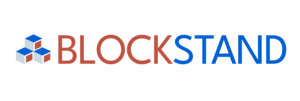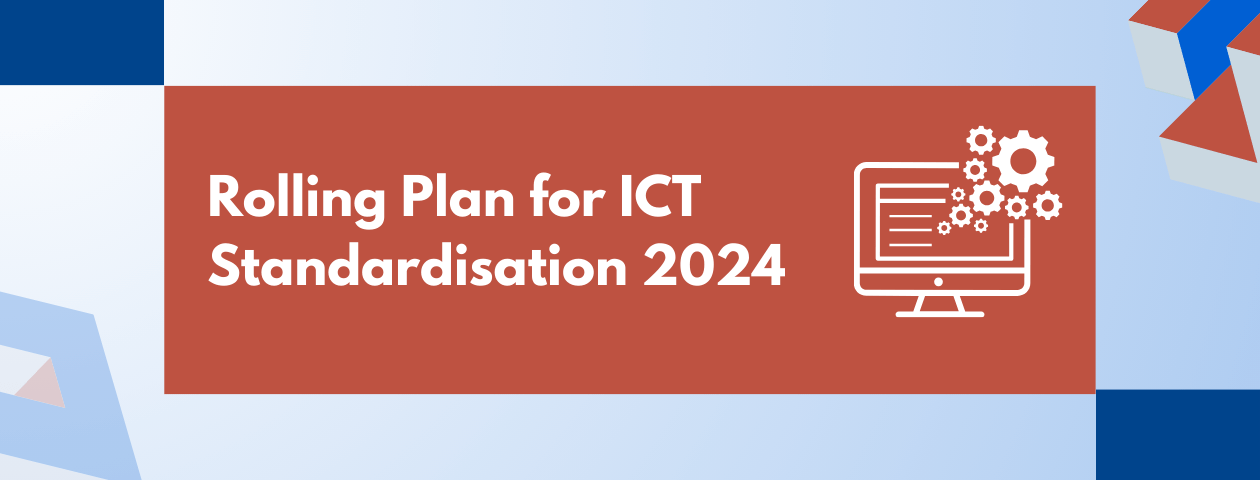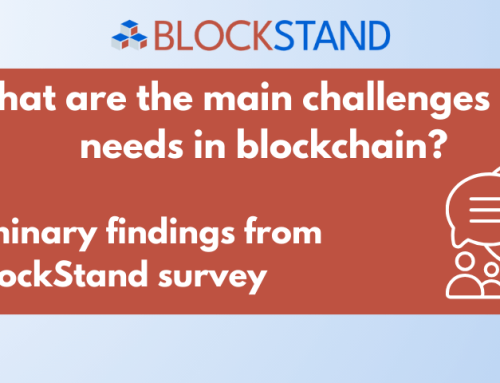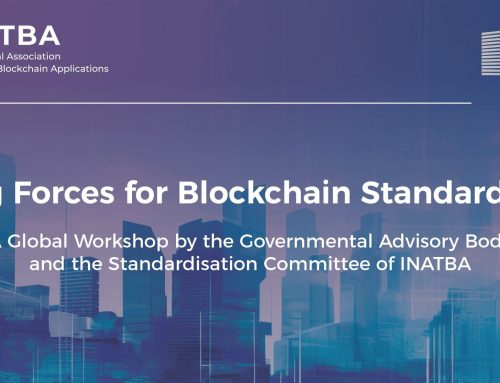The Rolling Plan for ICT Standardisation 2024 is published with updates and some substantial revisions.
The BlockStand consortium has contributed to the discussion by actively participating in the Task Force Rolling Plan.
On 21 February, the European Commission released the Rolling Plan for ICT Standardisation 2024, an annual document providing an overview of ICT standardisation in support of EU level policy. Standardisation actions identified in this document to support EU policies are complementary to other instruments, in particular the Annual Union Work Programme (AUWP).
The Rolling Plan 2024 identifies around 260 actions grouped into 39 technological or application domains under foundational drivers and four thematic areas:
Key enablers: 5G and beyond; Cloud and edge computing; Data interoperability; Internet of Things; Electronic identification and trust services including e-signatures; e-Infrastructures for data and computing intensive science and the European Open Science Cloud; Broadband infrastructure mapping; Accessibility of ICT products and services; Artificial Intelligence; European Global Navigation Satellite System (EGNSS); Quantum Technologies.
Societal challenges: Digital health, healthy living and ageing; Digital skills; Digital learning; eGovernment; eCall; Pandemic preparedness; Safety, transparency and due process online; Emergency communications and public warning systems.
Innovation for the Digital Single Market: e-Procurement – pre- and post award; e-Invoicing; Retail Payments; Preservation of digital cinema; Fintech and Regtech Standardisation; Blockchain and Distributed Digital Ledger Technologies; Web 4.0 and virtual worlds.
Innovation for the Single Market: Smart grids and smart metering; Smart and sustainable cities and communities; ICT Environmental impact; European Electronic Toll Service (EETS); Intelligent Transport Systems – Cooperative, Connected and Automated Mobility (ITS-CCAM) and Electromobility; Digitisation of European Industry; Robotics and autonomous systems; Construction – building information modelling; Common Information Sharing Environment (CISE) for the EU maritime domain; Water Management Digitalisation; Single European Sky; U-space; Circular economy and sustainability.
Moreover, the RP enumerates the three horizontal “foundational drivers” under section 3.0, including updated chapters on data economy, cybersecurity and e-privacy. These technology areas for standardization span the entire spectrum of standards-making and may necessitate referencing by a multitude, if not the majority, of specific activities.
The updates in each chapter encompass recent developments in policy initiatives and related objectives, along with the latest information on completed and ongoing standardization work pertaining to the respective topic area.
The actions in each chapter are updated and completed actions removed. The driver for refreshing the chapters is to make sure they continue to relate to the European Standardisation Strategy, support EU strategic objectives, and associate EU strategic objectives with global ICT standardisation activities.
As a result, the 2024 edition includes a few substantial revisions, namely:
- The chapters on Data Economy (3.0.1) and Data Interoperability (3.1.3) were revised and aligned with progress on the EU data strategy. The title of chapter 3.1.3 changed from “Big data, Open Data and Public Sector Information” to “Data Interoperability”.
- The chapter 3.4.5 on “Intelligent Transport Systems – Cooperative, Connected and Automated Mobility (ITS-CCAM) and Electromobility” was updated considerably.
- Other chapters that underwent substantial revisions were the chapter on “Cybersecurity / Network and Information Security” (3.0.2) and the chapter on “Web 4.0 and Virtual Worlds” (3.3.7), which was previously called “Metaverse”.
The Rolling Plan is developed by the European Commission and the Multi Stakeholder Platform on ICT Standardisation (MSP), an advisory expert group on all matters related to European ICT standardisation. An MSP Task Force is charged with the responsibility of overseeing its development.
The MSP includes EU and EFTA representatives, European and international standard developing organisations (e.g. CEN/CENELEC, ETSI, ISO, IEC), stakeholder organisations (e.g. SBS, AGE, ETUC, ANEC) and business associations.
